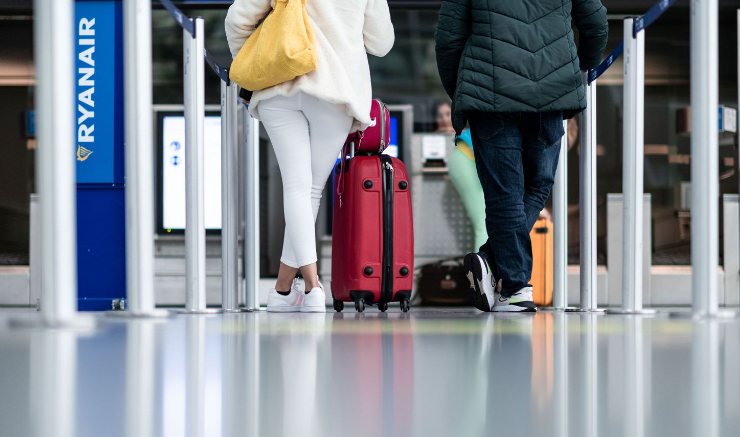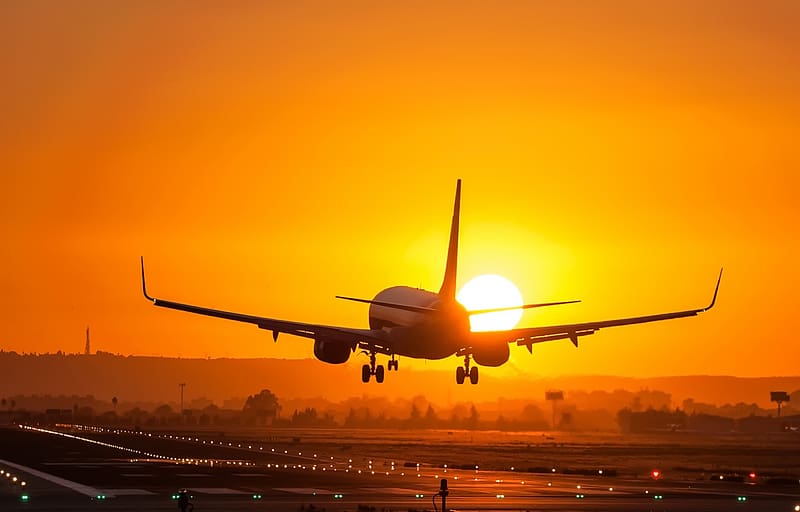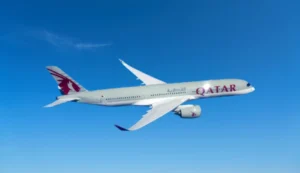EU Emissions Rules to Raise Airfare Prices
Airline passengers may soon face higher ticket prices due to new EU emissions regulations, signaling the end of ultra-cheap flights as the industry tackles climate change.

Image Source: www.travelandleisure.com
Airline passengers are set to face increased fares as new EU regulations target aviation emissions in the fight against climate change. The era of ultra-low-cost flights may be coming to an end as airlines adjust to cover the costs of pollution.
Following the pandemic, airlines have already raised prices to recover from losses. Now, under the strengthened EU emissions rules, carriers are expected to increase fares by up to €10 per return flight due to higher levies on carbon emissions.
EU lawmakers have approved an update to the carbon pricing rules, requiring carbon-intensive industries, including aviation, to buy allowances for their emissions under the emissions trading system (ETS). The rules will phase out the free allocation of permits to airlines by 2026, with the total number of allowances reducing over time, driving up costs.
Industry experts warn that the new regulations will significantly impact airline economics. Olivier Jankovec, director-general of airports industry body ACI Europe, highlighted that this policy shift would lead to increased operational costs, higher fares, and potentially reduced demand.
The lobby group Airlines for Europe predicts that flying through EU hubs like Amsterdam, Paris, or Frankfurt could become 23-29% more expensive by 2035, potentially resulting in a 17% decrease in passenger numbers. Ryanair’s CEO Michael O’Leary has stated that the combination of rising environmental taxes and higher oil prices signals the end of extremely cheap airfares.

Analysts estimate that compliance costs for the EU ETS will escalate from €0.5 billion in 2019 to €5 billion in 2027 for the six largest intra-EU carriers, necessitating fare hikes. Deutsche Bank forecasts that major airlines will collectively spend up to €2.25 billion on carbon allowances by mid-decade.
The price of allowances is near all-time highs, close to €100 per tonne of CO2. The ETS revenues will fund initiatives to promote sustainable aviation fuels. With aviation accounting for about 3% of EU greenhouse gas emissions, primarily from international flights, the updated ETS is a key part of the EU’s goal to reduce emissions by 55% by 2030.






